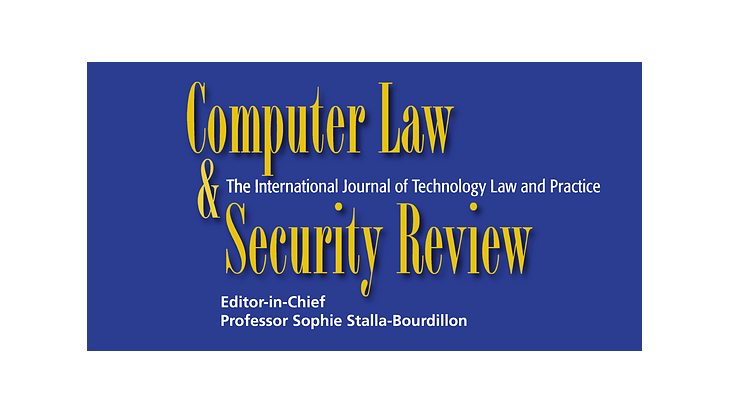für Recht und Ökonomik
Selected Publications: Demystifying the role of data interoperability in the access and sharing debate
20. Januar 2021, von Pedro Magalhães Batista

Foto: Matty Lynn Barnes
Jörg Hoffmann and Begoña Otero tackle the value, costs, and challenges for interoperability in their recent Max Planck Institute for Innovation and Competition Research Paper, "Demystifying the role of data interoperability in the access and sharing debate." While many have claimed data interoperability as the better path towards data access, quality, and (re)use, the authors point that much is left unsaid about when and how interoperability should proceed.
Their paper initially addresses the many uses, sometimes conflicting, of the term interoperability by the literature and policy-makers and the emerging new firms focused on data transformation. Many also ignore the challenges present in its two major facilitators, application programming interfaces (APIs) and data standardization. For instance, many questions are still open about the extent to which intellectual property rights might cover APIs and the economic and legal implications. In this regard, the authors point out that mandatory opening-up can negate potential utilitarian incentives created by information exclusivity, trade secrets, and firms' investment protection. According to the authors, "too much interoperability may have hidden costs and challenges for society that need to be thoroughly assessed and addressed." Such a policy might also impact innovation as data exclusivity, aggregation, and application through machine learning techniques confer considerable competitive advantages.
On the other side, data interoperability might be essential to counter some market failures, such as the lack of efficient data use or potential lock-ins. The authors also point a possible way to solve this trade-off by including asymmetrical interoperability obligations for dominant players - those that end up becoming gatekeepers - such as the big digital platforms. Nevertheless, it is not enough to outline such an obligation; data interoperability clarification, a common understanding in the specific legal context, is also required. Furthermore, according to the authors, this should be achieved by a public law approach that gives a consistent answer to conflicting IP, database sui generis, and trade secrets protection in data, which will require the balance of positive effects of exclusivity and excludability against the costs incurred by the limitation of data (re)use and lock-ins.


